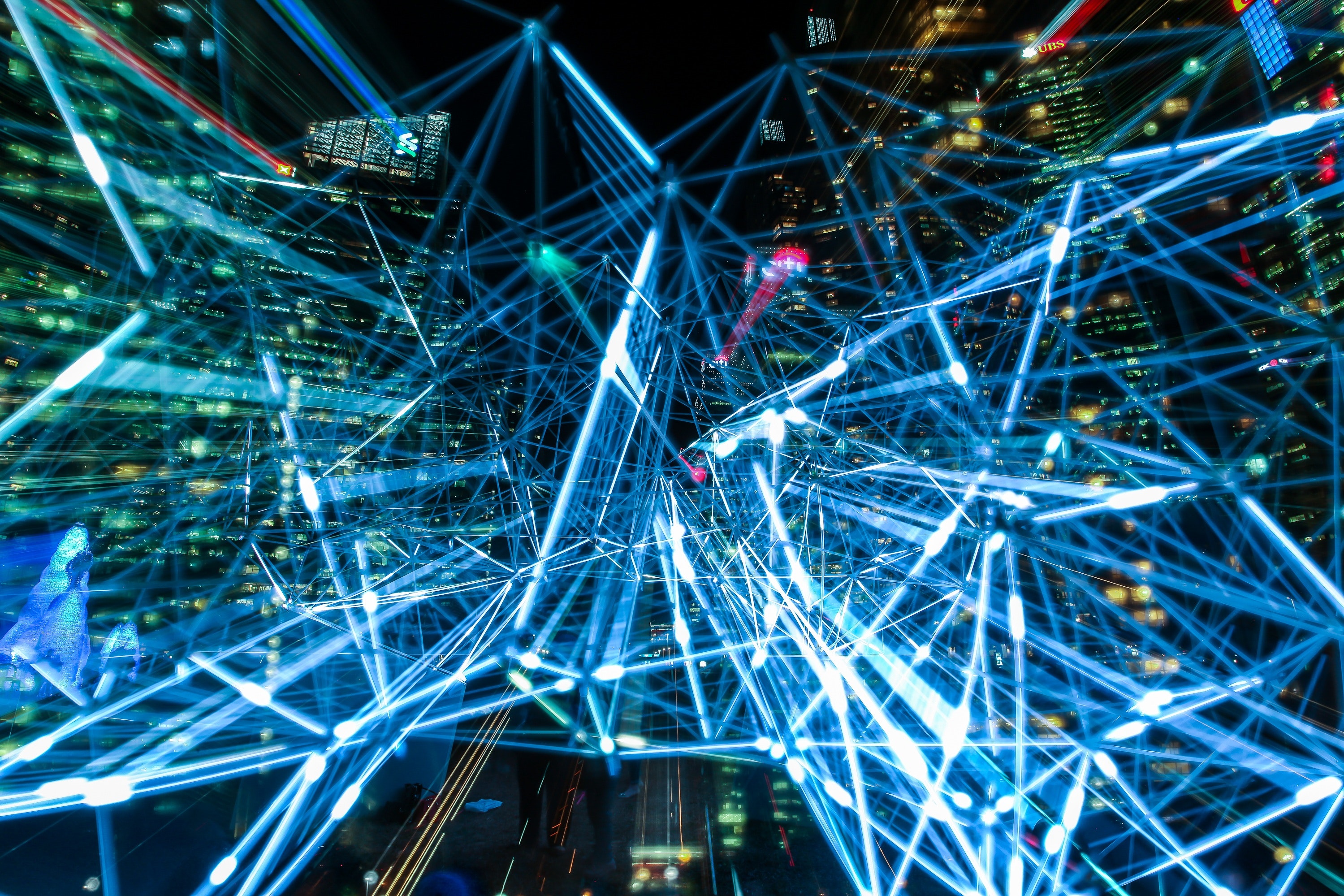As generative AI models such as ChatGPT are gaining enormous popularity among the public, copyright issues over AI-generated content is also fiercely growing. Recently in Korea, there has been a hot debate on a copyright dispute over the contents of YouTube channels.
“Owl’s Review” is a Korean science YouTube channel with more than 1.3 million subscribers. The channel recently revealed that another YouTuber “kimchunsam” has been violating its copyrights by creating copycat contents using AI-based solutions. In fact, “kimchunsam” recently confessed in an interview that his YouTube management know-how is basically selecting so-called “verified” YouTubed videos with high views and just copy and paste their titles, thumbnails, and scripts to AI programs that are made to easily reproduce the contents. He also said in the interview that he is making a profit of KRW 3 million (approx. USD 2,500) a month through the recreated YouTube videos by working only about 10 hours per week. The original content creator expressed strong frustration that it takes weeks to sometimes even months for their team of writers and creators to produce one single video, as they should read enormous amounts of papers and books to write a script and also go through cross-checking.
The case of “kimchunsam” was easily revealed because he confessed the story himself, but what would’ve happened if he denied the charge and insisted that his videos are different contents using different expressions? What would’ve happened if he left only the basic structure of the original contents and re-created the AI-based video so that he could argue dissimilarity in expression?
While generative AI models are on the rise, there are also myths about them, as if they could think independently and be as competitive as humans. But it is clear at this moment that generative AI models can only re-implement the styles and patterns of pre-trained data. Nevertheless, the debate on the revision of the Copyright Act and Patent Act followed by the rise of generative AI models seems to be focusing more on whether to view AI as the subject of creation or invention, rather than defining the correlation between the output and training (input) data. Maybe too much high expectations or misunderstandings on artificial intelligence are leading legal scholars to sink in pedantic issues instead of dealing with urgent problems we’re facing right now.
The recent AI-generated video controversy among Korean YouTubers makes us think that issues are beginning to leak out from the real problems we’ve been neglecting so far.


